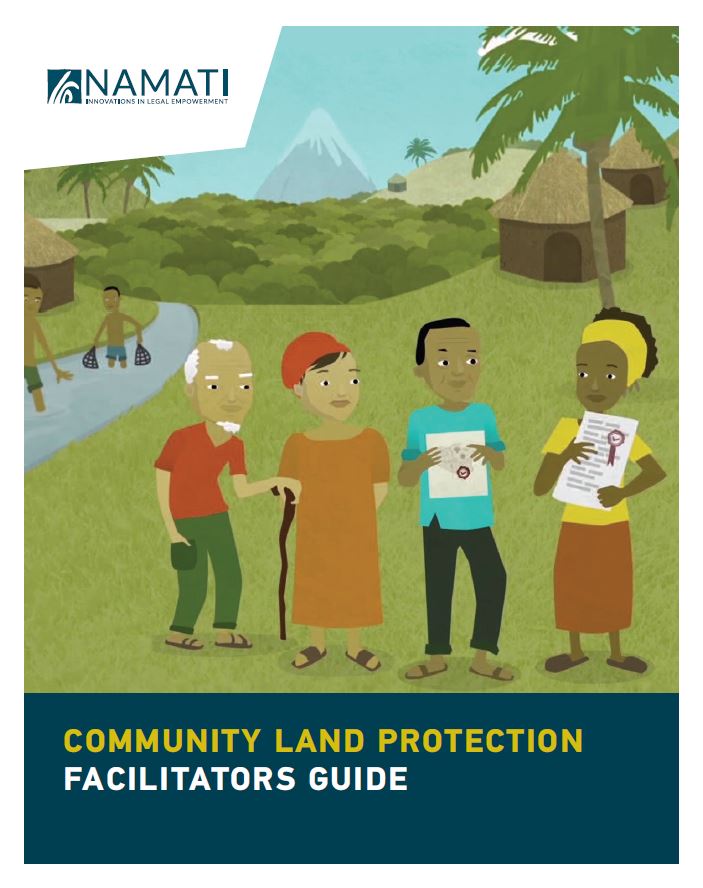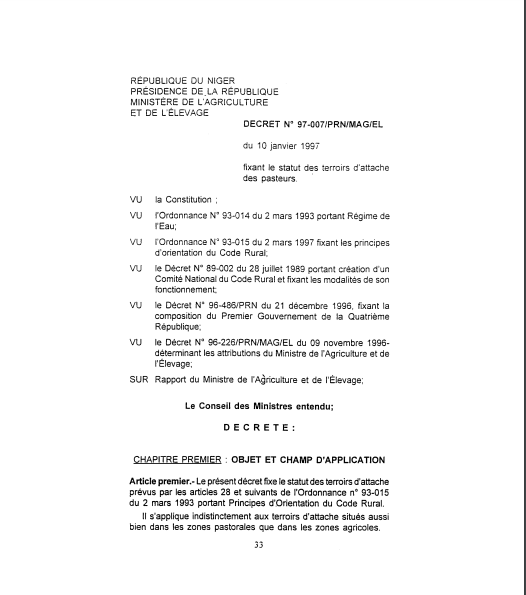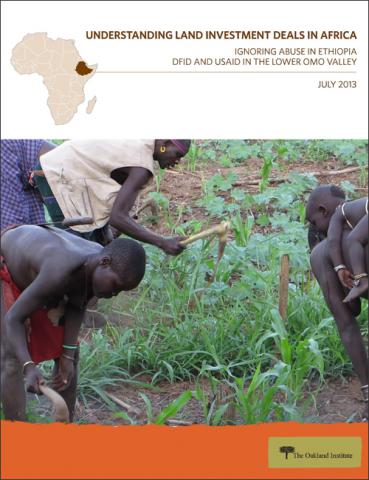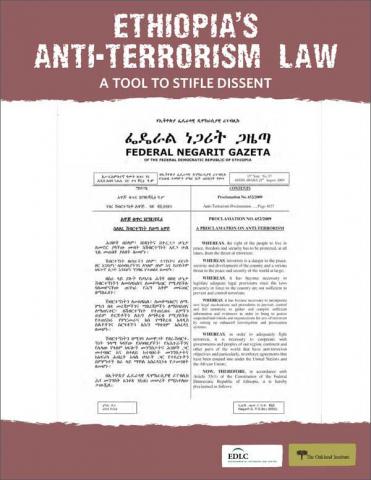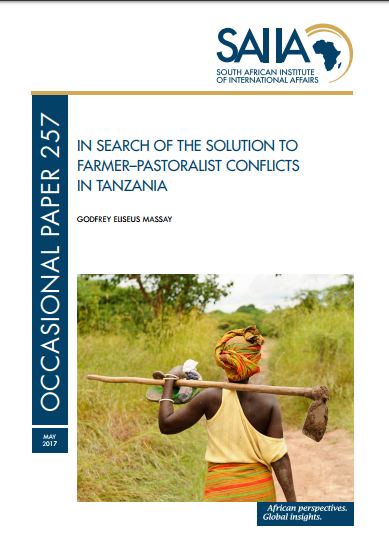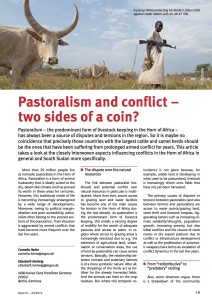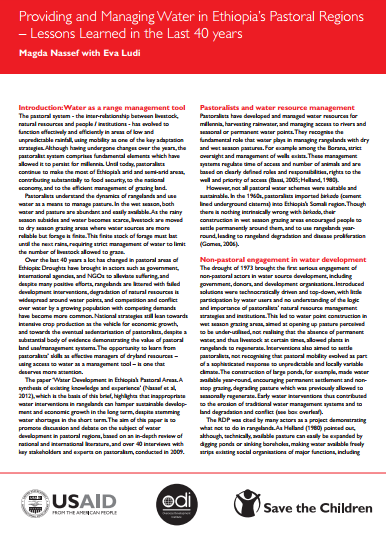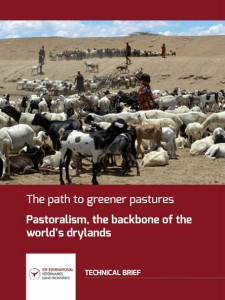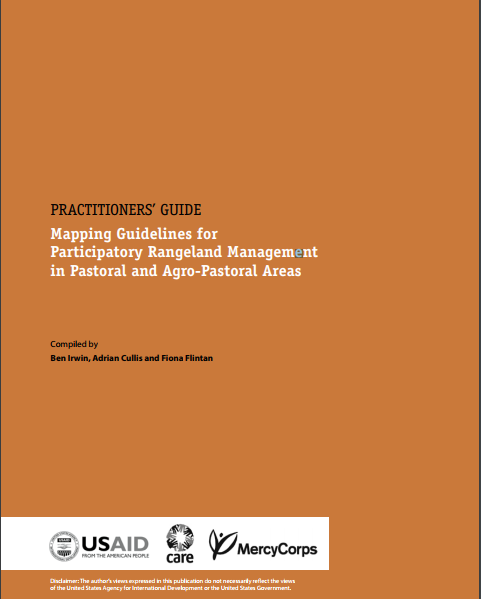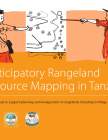COMMUNITY LAND PROTECTION FACILITATORS GUIDE
Namati’s Community Land Protection Facilitators Guide is a step-by-step, practical “how to” manual for grassroots advocates working to help communities protect their customary claims and rights to land and natural resources.
Download the complete Guide PDF from this page. Or access the Guide as an online Toolkit to download individual chapters.

